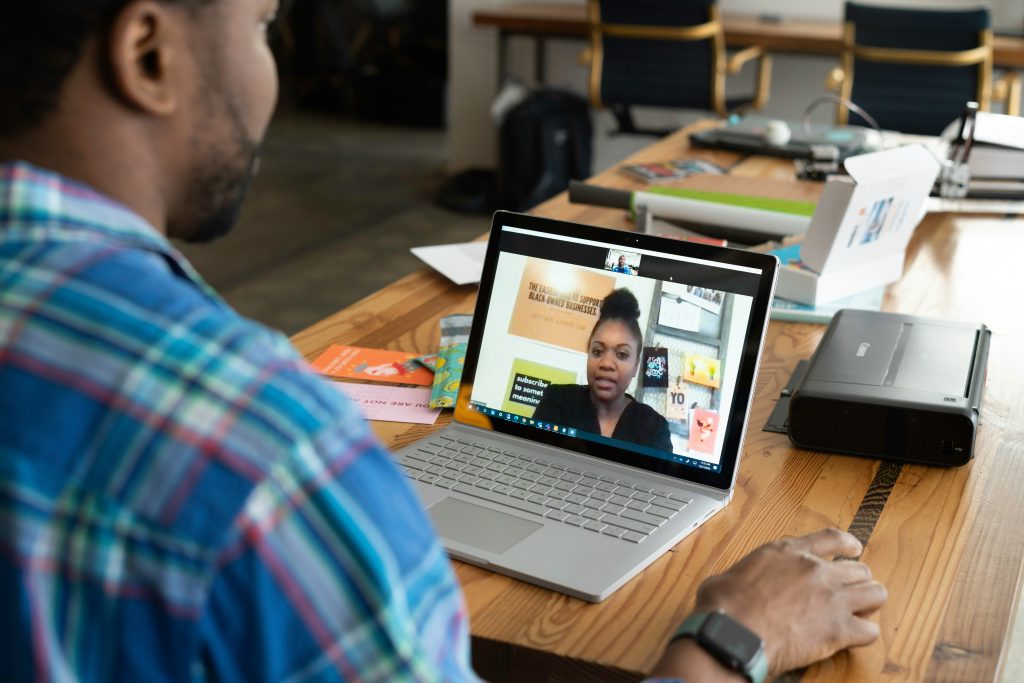The Social Development Research Service (SDRS) pilots strategies for collecting and sharing targeted information with government legislators and executives in targeted countries to improve social outcomes. It is based on the belief that sound social policy depends substantially on access to regular, accurate information about demographics, social circumstances, and trends—information that is not readily available in some countries.

The SDRS is modeled on the U.S. Library of Congress’ Congressional Research Service (CRS), which serves as a non-partisan resource to collect information, conduct research, and inform policy debates. Any Congressional office can ask CRS a research question related to policy issues or the legislative process and then receive a confidential answer as time and resources allow. Answers can be in the form of short memoranda, longer papers, or briefings. CRS, however, does not offer actual policy recommendations. Combined with respectable budgets for staff and research, members of Congress are well resourced in informing policy prescriptions.
Similar resources, however, do not exist in many countries in the world. Well-meaning legislators have a difficult time in collecting meaningful information to inform legislative proposals. They have very few staff and no service like a CRS. It is therefore difficult to wade through reports and analyses that are often replete with political agendas. The growth in recent years of disinformation, gaslighting, and “fake news” makes it even more difficult for well-meaning government legislators and executives to craft responsive social policies.
SDRS is therefore an attempt to help policymakers in targeted countries to receive non-partisan, non-biased answers to time-sensitive policy research questions in key areas of social policy. Phase I is an A/B test of different service-delivery models, answering questions such as
- What are the easiest ways for clients to request and receive information?
- What kinds of questions are asked most frequently?
Phase II is a more involved pilot of the best service-delivery strategies, with the goal of answering the questions,
- How long does it reasonably take to respond to questions?
- What is the level of satisfaction of responses?
- To what extent does this kind of service inform policy prescriptions?
The approach is to contract with country desk officers, who will 1) update information about education policy and practice based on articles from various news sources, websites, and other research forums; and 2) field questions from legislators and educational officials. We will also engage with users regularly to learn more about the efficacy of the research services.
